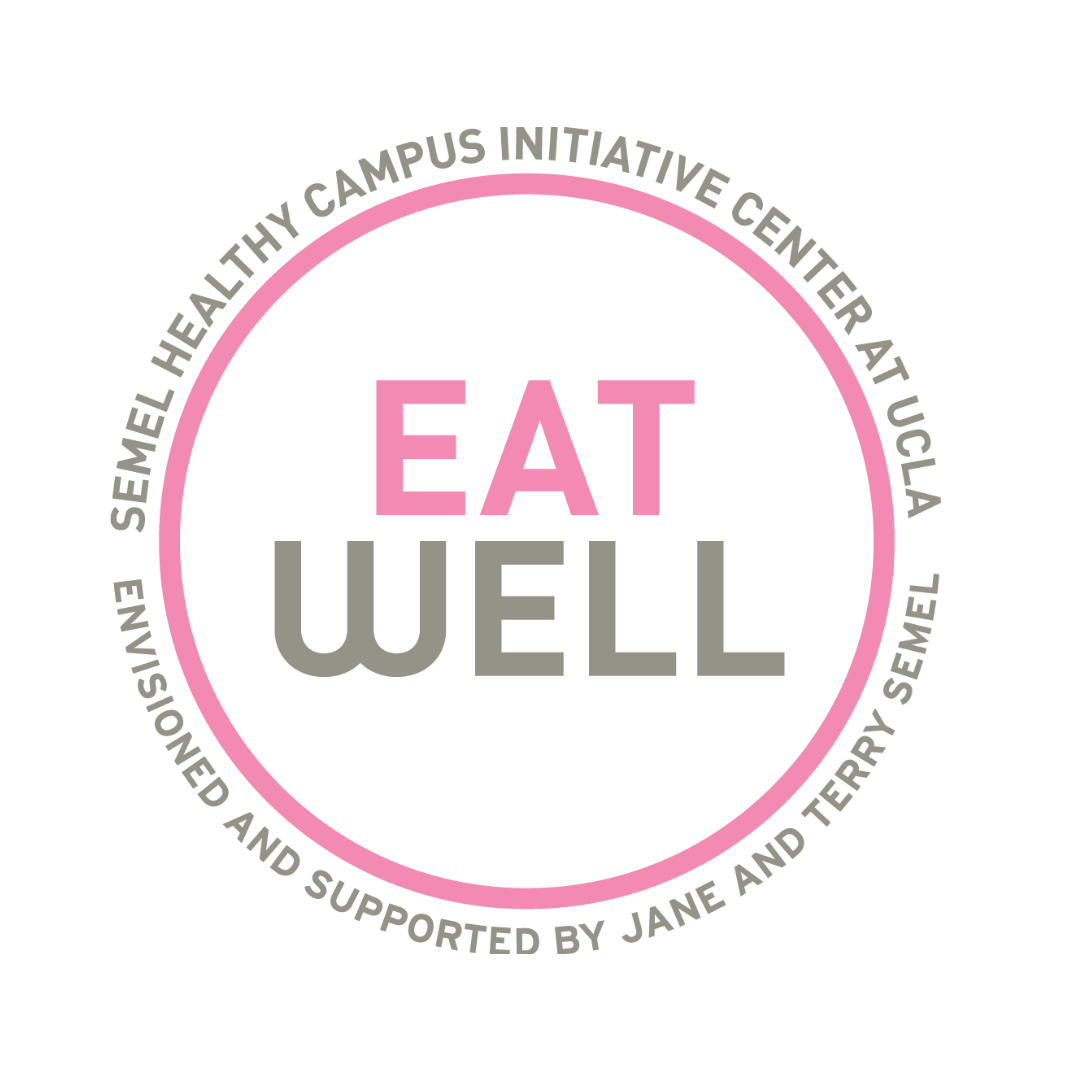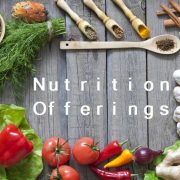Nutrition Resources at UCLA
This Fall UCLA hosted a variety of nutrition offerings for students to take advantage of. Provided by a variety of campus partners, these events and workshops helped to bring attention to nutrition not just on campus, but in the individual lives of students.
Students who live on the Hill could attend workshops to learn how to navigate the dining halls, including tips of when to eat and how to balance a meal amongst the variety of great food the halls offer. FITTED Eats, a program aimed at promoting holistic health through free fitness and nutrition workshops and services, also hosts meetings every Tuesday to discuss wellness tips centered around food and nutrition. Student groups can also request nutrition workshops through email.
Jui Sarwate, an undergraduate who regularly takes part in FITTED events, said: “Participating in FITTED Eats has made it possible for me to have access to nutritional education which I wouldn’t have known about otherwise.”
Some of the workshops and events offered focused more on body image and food, such as a screening of Killing Us Softly, a film about women’s bodies in the media, hosted by the Student Wellness Commission’s Body Image Task Force. There were also multi-week workshops including “Make Peace with Fitness and Food” and “Body Image and the Media.”
One undergraduate, Alyssa Tabula, went to the “Body Image and Media” workshop series and said the workshop “taught [her] how to encourage those around [her] to be sensitive to the use of fat talk, or language that encourages the thin ideal.” Rather, she says that it’s important to promote a healthy ideal, which “begins with educating yourself with workshops like these and changing the conversation with yourself and those around you.”
Continuing resources being offered are the Dietitian Office Hours, where students can ask Kaitlin Reid, MPH, RDN, CLEC and Eve Lahijani, MS, RD any non-clinical questions about nutrition, or even just general well-being. These office hours are meant to be a casual way for students to get information from experts on nutrition, body image, and well-being.
“Any time I can help a student better understand nutrition and their relationship with food and their body, I consider that a success- whether it be one student or 50 at a time,” said Reid, a dietitian dedicated to furthering the nutrition offerings at UCLA.
All of these resources will be offered again in during Winter Quarter. While dates have yet to be determined, the information will be posted on instagram once it’s decided.
Any students interested in learning more about food and nutrition can apply to the Food Studies Undergraduate Minor or the Food Studies Graduate Certificate. You can also join the Healthy Campus Initiative for the next EatWell pod meeting on January 18th, from 10-11am in TLSB 5100. Or, consider joining a variety of student groups who focus on nutrition, like the Public Health Nutrition Club, and body image, like the Body Image Task Force.
Aurora Finley is an undergraduate student at UCLA majoring in English. Along with blogging for the UCLA Healthy Campus Initiative, she is the Sexperts Executive Director for the 2017-18 academic year. She is also a regular volunteer for UCLA’s Habitat for Humanity chapter and blogs for the online UCLA Odyssey community.


